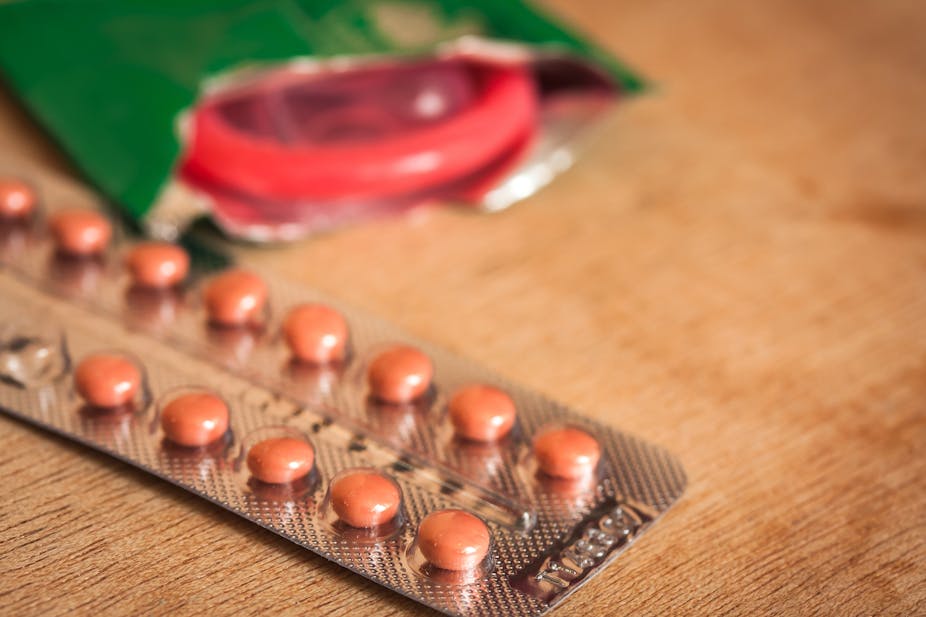Chlamydia, the medical term for pelvic inflammatory disease, is a serious sexually transmitted disease. It is also know as trichomoniasis and vaginitis. Chlamydia affects women twice as often as men. Chlamydia symptoms can be mild to severe and develop into full blown STDs if left untreated.
Most of the symptoms of Chlamydia are similar to those of genital warts. There may include soreness and itching of the anus, discharge, pain while urinating or during intercourse, and sometimes pain in the scrotum or testicles. Some individuals may also experience muscle pain or swelling around the penis or scrotum. The symptoms of Chlamydia do not usually appear until after two to four weeks of infection. During this time symptoms of Chlamydia may include an uncomfortable burning sensation while urinating, appearance of cauliflower-like formations near the urethra or rectum, painful sex or sexual dysfunction, and pain during intercourse. This website is a great resource.
Some of the symptoms of Chlamydia will vary, depending on the location and severity of infection. If you think you have been infected with Chlamydia, it is important to see a doctor so that tests can be performed. A test will help to determine if you have symptoms of Chlamydia, such as abnormal vaginal discharge, rashes, muscle aches, fever, and pain during sex. Chlamydia symptoms and testing can be done at a health care provider’s office, urgent care facility, or on your own. A test will help detect any possible infections that may not be visible to the naked eye.
Women are more likely to get chlamydia than men. About 24 percent of women become infected every year, and most of these infections do not show symptoms. If you think you have been exposed to a contaminated area of skin, it is important to see a doctor as soon as possible. These infections can be fatal without treatment. Your risk of complications from getting chlamydia increase if you do not use protection.
There are many different ways to prevent getting chlamydia. You should always have safe sex with a partner who has a low risk of having an infection. Using a condom when having intercourse is one way to prevent infection. Other ways to prevent infection include using non-disposable soap and a water-based cleanser to wash your genital area and other areas regularly. If you have had previous infections, you should be tested for Chlamydia to see if you are at risk for getting a new infection.
Most people are not aware that they have either of these infections. About half of sexually active women are unaware that they have either gonorrhea or Chlamydia. You can help prevent spreading this disease by using protection when having intercourse. If you think you might be infected, you should seek medical attention right away. Don’t delay or try to wait until the symptoms go away. If you are not treated right away, you can end up passing it back and forth to your sexual partner and infect them.

